Excessive Engine Oil Consumption: What is the problem?
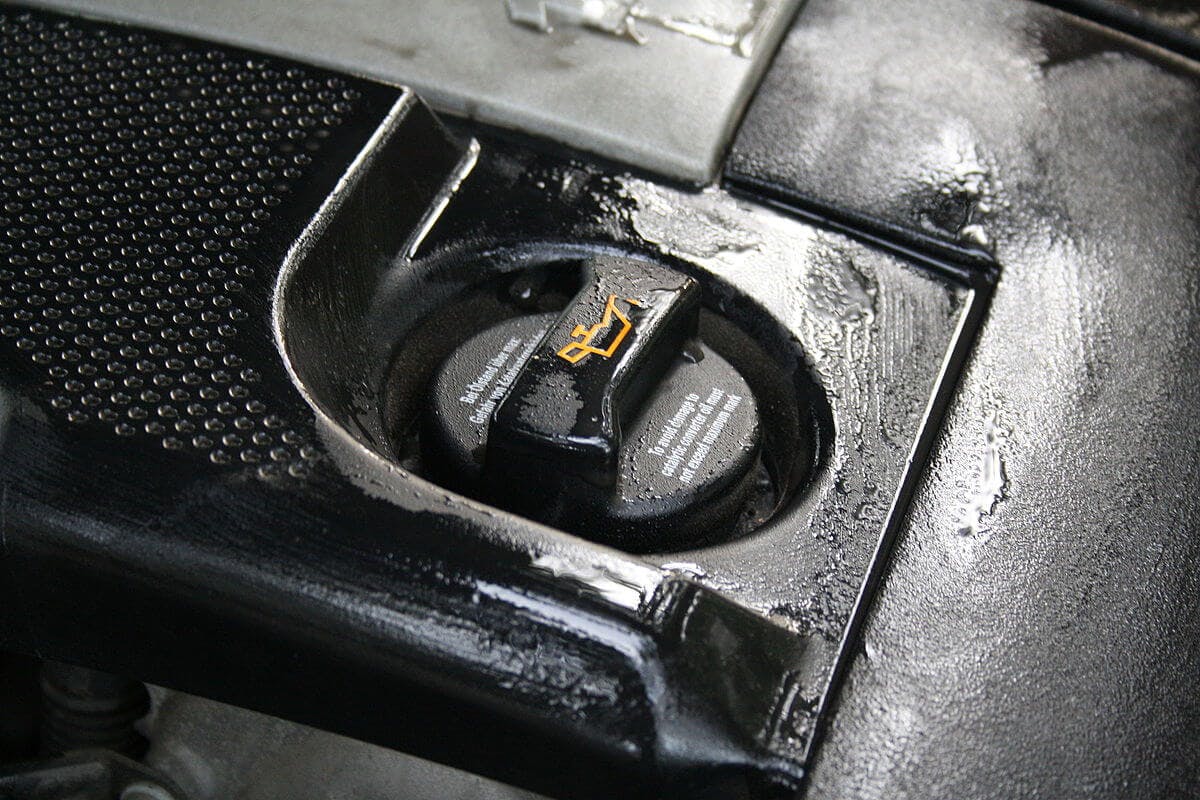
Excessive engine oil consumption is a problem that mainly plagues older vehicles and used vehicles with higher mileage. Engine oil consumption, in general, is often misunderstood, and some people may think their car consumes too much oil when the problem is elsewhere.
That's why we decided to prepare an article in which we will explain what can be considered excessive engine oil consumption, what causes it, and how to fix this problem.
Spis treści
What Is Excessive Engine Oil Consumption?
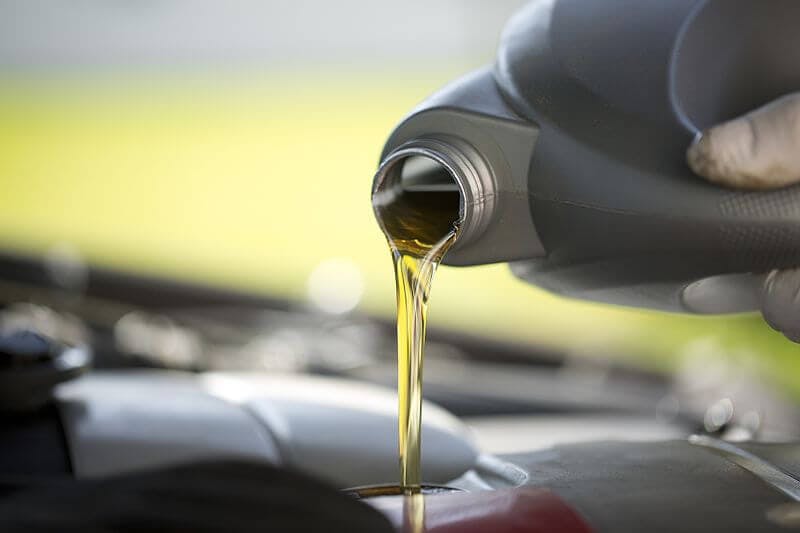
First, it is necessary to realize that every single internal combustion engine has a certain engine oil consumption, even if there is no malfunction or damaged parts that would cause leaks.
The engine manufacturer specifies engine oil consumption, but it ranges from 0.3 liters to 1 liter (up to a 1/4 of a gallon) per change interval for regular cars. However, driving style has a significant impact on normal engine oil consumption.
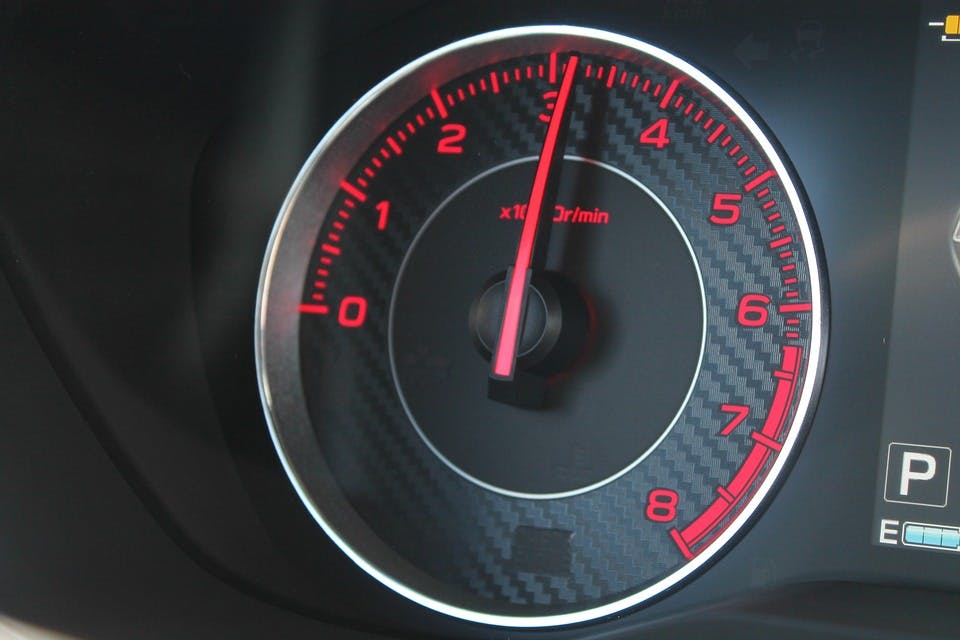
If you drive your car too often into the red RPM zone, the normal engine oil consumption may be slightly higher than that specified by the manufacturer. This normal consumption of engine oil occurs when the oil enters the combustion chamber.
What Causes Excessive Engine Oil Consumption?
The most common cause of excessive engine oil consumption is its penetration and subsequent combustion in the chamber. There can be several causes of engine oil burning, for example, a turbocharger that has worn bearings or a damaged seal. Another cause might be worn piston rings, cylinders, cylinder liners, or worn pistons.

Blue smoke from the exhaust: What problem does it indicate?
All these problems, except for the worn turbocharger, manifest themselves in the same way, namely loss of compression. However, it should not be forgotten that not all the mentioned problems will occur on all cylinders at the same time.
It is relatively easy to determine a faulty cylinder by comparing the spark plugs or by measuring the compression in each cylinder and comparing it with each other - the compression should be the same in all cylinders. However, the blue smoke from the exhaust can alert you to engine oil burning.
A worn turbocharger can be detected in a very simple way, namely by inspecting the air filter. If there are black oil stains on the air filter, it is almost certain that the turbocharger is letting engine oil into the cylinder space.

Engine Oil: What happens if you run out of it?
However, engine oil loss may not only be caused by a worn engine component but also by engine oil leakage through various seals or by the clumsiness of the driver, for example, when he punctures the engine oil pan.
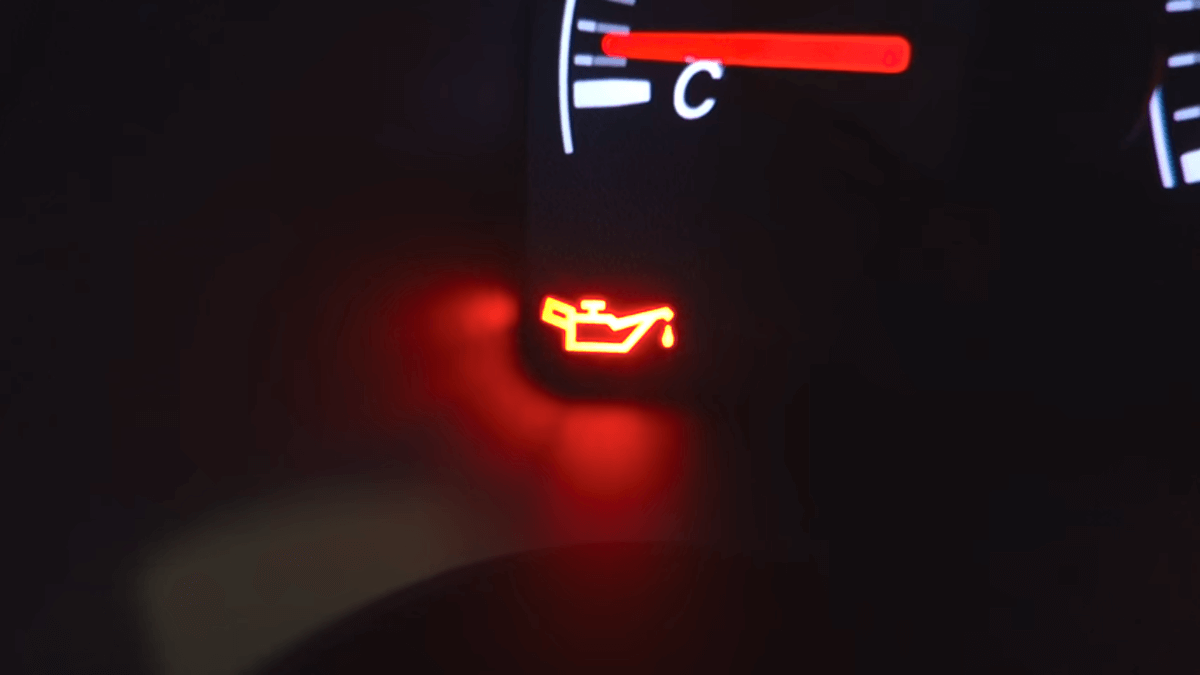
In more modern engines, when there is a lack of engine oil, the oil level indicator lights up, which graphically shows the amount of engine oil on the scale every time the key is turned to the second position.
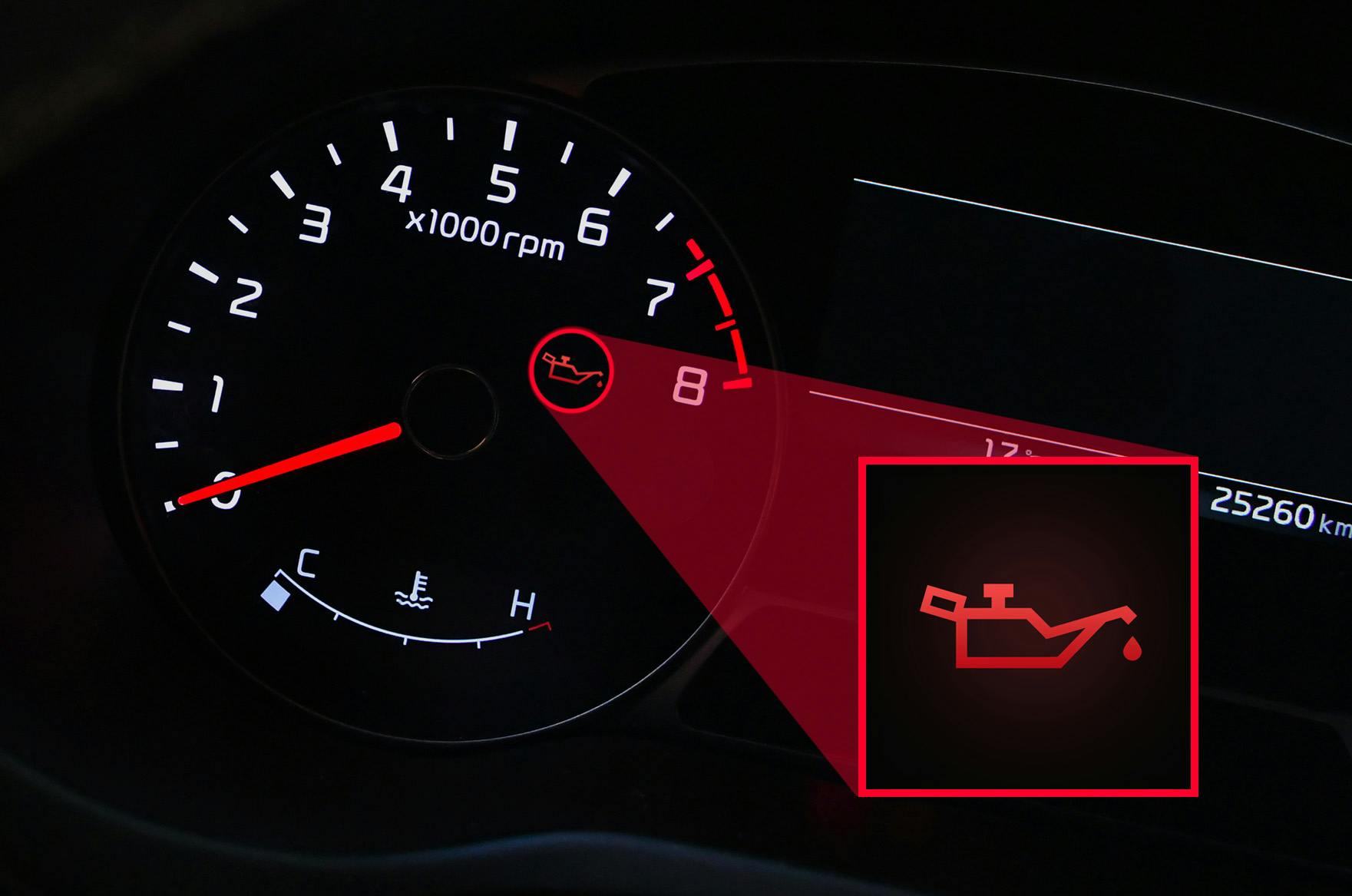
Oil warning light: What problem does it indicate?
Unfortunately, some old engines have no warning light to alert you to a lack of engine oil, so you only have to check the oil regularly.
How To Solve Excessive Engine Oil Consumption?
Identifying a problem with excessive engine oil consumption is relatively easy, but solving it is not so easy. If the engine oil leaks, this problem is solved by resealing the engine or replacing a defective head gasket.
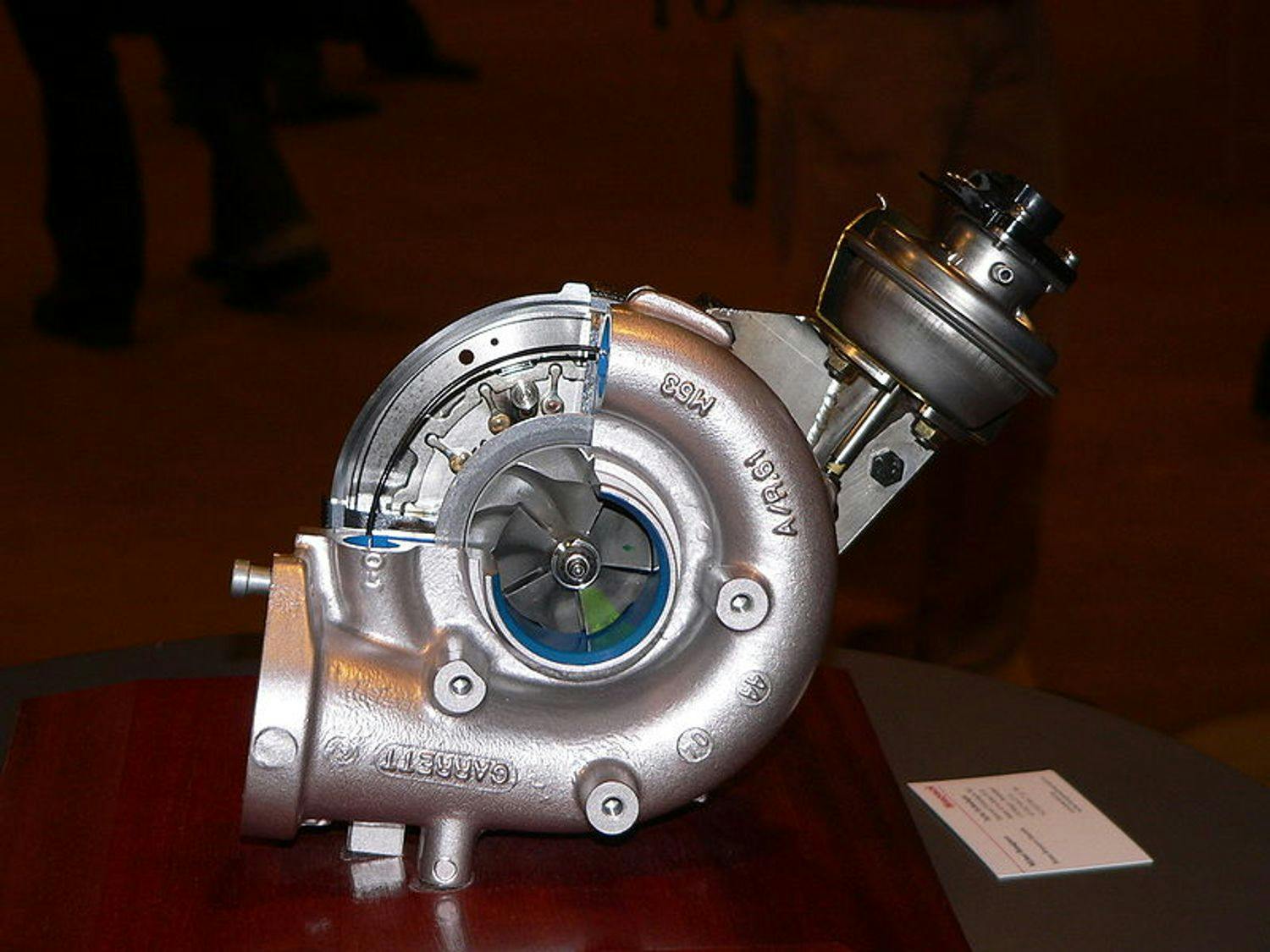
If a worn turbocharger causes excessive fuel consumption, the turbocharger needs to be overhauled or replaced with a new one, which is not the cheapest thing.
The most expensive repair awaits you if the engine oil gets into the combustion chamber through worn piston rings, cylinders, cylinder liners, or pistons.
Any of these problems usually means an overhaul of the engine and therefore a repair for which you will spend a lot of money. However, if it is an old car, the value of which is minimal, it is recommended only to top up the engine oil because the overhaul of the engine could exceed the price of the entire car.